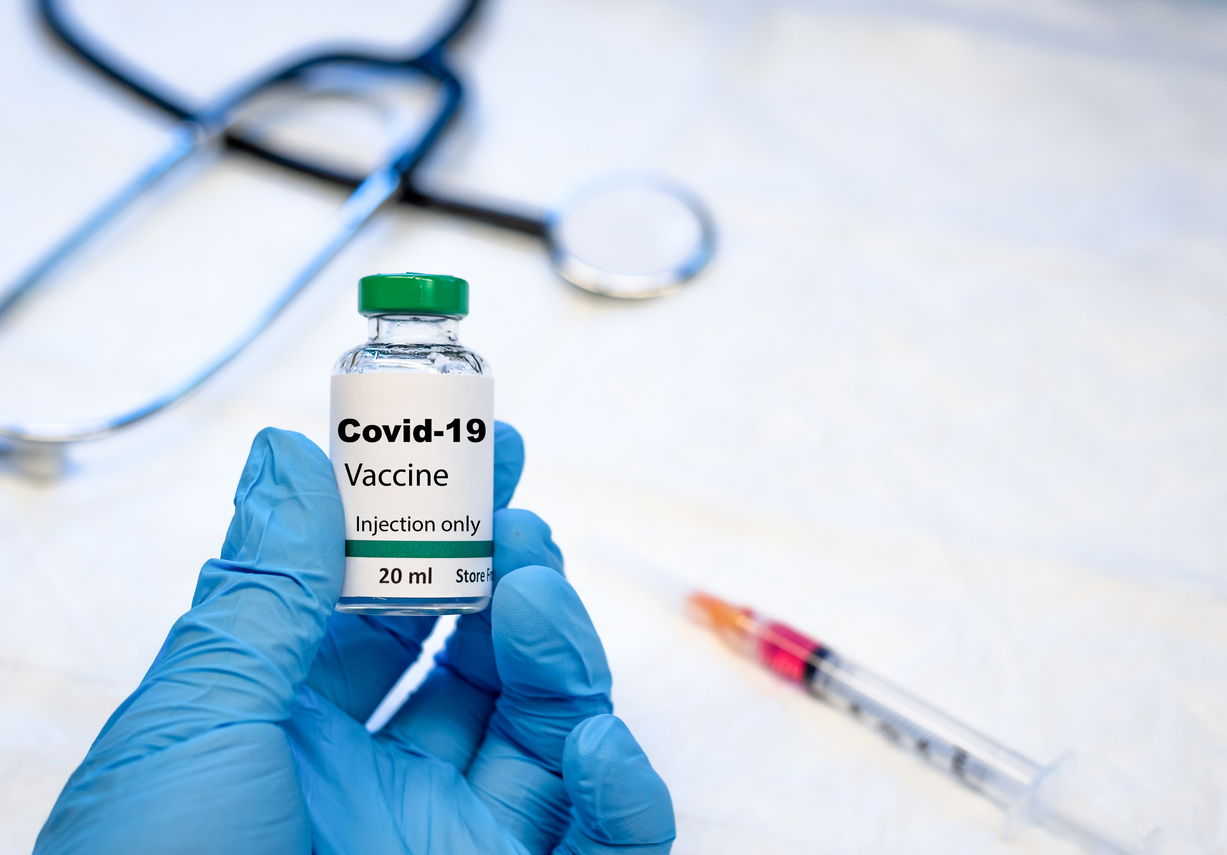
IIT alumni council withdraws from COVID vaccine development

The IIT Alumni Council has withdrawn from the COVID-19 vaccine development process, concluding that none of the available approaches and claims was adequately backed by disclosed scientific data, patient research, and clinical studies.
The vaccine initiative was part of the six-month C-19 task force of the council.
“Getting a vaccine right is like getting a hole-in-one in golf – possible but really hard to predict or achieve. Especially if you are playing blindfolded – which is the case when anyone tries to develop a vaccine without having adequate research data,” Ashok Singh, an IIT Alumni and a key volunteer of the C19 Task Force said.
IIT Alumni Council is a global body of alumni, students and academics across all the 23 IITs and partnering Institutes of the India Innovation Network (I2Net).
In its fight against the COVID-19 pandemic, the IIT Alumni Council in July set up a mega lab in Mumbai with a capacity of 10-million Reverse Transcription Polymerase Chain Reaction (RT-PCR) tests per month. The council even partnered with Mumbai University and ICT Mumbai for research and development.
The developing of a vaccine based on conventional research and clinical trials takes several years, and it is a fight with no certainty. Considering this, the team said even though India has more patient data than any other country in the world, it is not sufficient to deliver a vaccine as yet. The council was of the view that commercialising a vaccine within a few weeks or months should not be done considering the safety aspects.
“Somewhere we have to consider the mathematics of an ambitious statement. No more than 2 per cent of COVID patients need critical care. There is a fair surety that most of these can be cured by antibody-based biologics,” Daljit Singh, an IIT Alumnus and former president of Fortis Healthcare said.
Related news: Oxford COVID vaccine trials begin in India, Sputnik-V on cards
“On the other hand, for vaccination, we would probably need to vaccinate 98 per cent of our population. Chasing 2 per cent of the population with a 98 per cent sure cure has a far better probability of success than chasing 98 per cent of the population with a 2 per cent surety of safety and efficacy.”
Globally, the vaccine approaches involved injecting a deactivated virus or simulated protein fragment into the body so as to induce the body to generate antibodies.
The council members said the adverse reaction of the vaccine injection as well as the efficacy and lifespan of the antibodies is unknown and they are researching it as part of the MegaTx, the council’s initiative to create an indigenous BioTherapeutics ecosystem for safe and effective treatment of Covid-19.
“The first logical step to developing a universal vaccine is accelerating research using simulation in preference to actual patient trials. It may not be advisable to subsidise or mass deploy a vaccine whose safety and long term efficacy is unproven,” Ravi Sharma, president of the IIT Alumni Council said.

